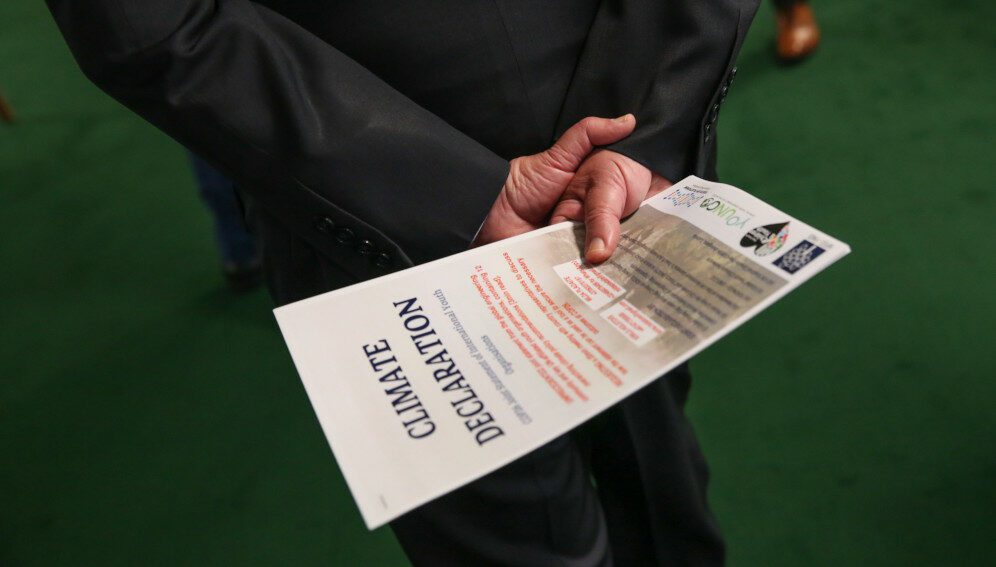By: Fiona Broom
Send to a friend
The details you provide on this page will not be used to send unsolicited email, and will not be sold to a 3rd party. See privacy policy.
The road to climate justice is proving a long one. It is a road that has been obstructed by denial of the science and of human rights. And it continues to experience roadblocks put up by fossil fuel-reliant businesses and governments.
But climate justice has never been more urgent for communities on the frontline of the climate crisis.
Over the next year, and in the lead up to 2030, developing countries paying for the irreversible impacts of climate change will push ever-harder for historic polluters to take responsibility for the unfolding climate catastrophe.
Small island nations say that 1.1 degrees Celsius of warming is already having devastating impacts on their lives and livelihoods, and two degrees will be a “death sentence” for their communities.
At the COP26 climate summit in Glasgow in November global South leaders, youth activists, scientists and civil society called for cooperation from delegates to help redress the balance.
In this Spotlight, we map out the long and difficult road to climate justice.
Our facts and figures article sets the scene by looking at where the world is now, following COP26. It includes an analysis of national climate ambitions that suggest temperatures will continue to rise, even if all national commitments to cut emissions are met.
We then report on the task ahead for COP27, and the actions that scientists and civil society will put into motion in an effort to garner desperately needed financial support for their communities.
The head of Mexico’s COP26 delegation, Camila Isabel Zepeda Lizama, tells SciDev.Net that establishing transparency and accountability bodies will be central to capping greenhouse gas emissions.
While agricultural emissions largely remain outside of climate strategies, women farmers in Nigeria say they are taking climate adaptation into their own hands.
And indigenous community leaders say that properly established monitoring and grievance mechanisms will be critical to protect their lands and knowledge as carbon markets get set to expand.
This article is part of our Spotlight on ‘The road to climate justice’
This piece was produced by SciDev.Net’s Global desk.



